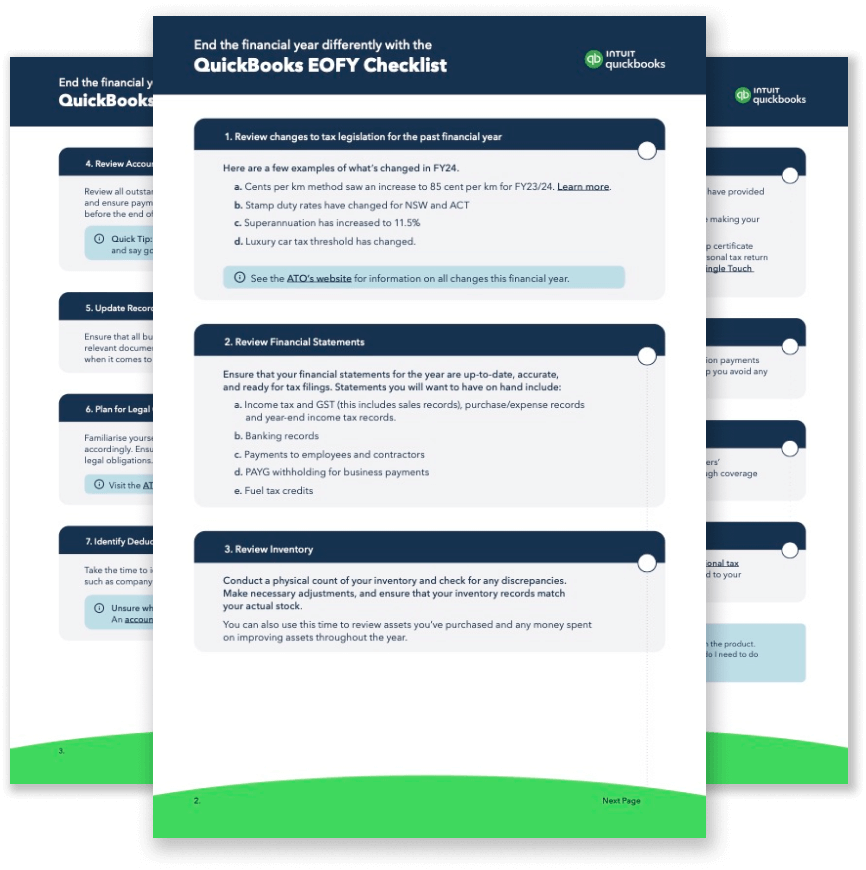What is an Accounting period?
Accounting Period Definition
An accounting period is the time that a set of financial statements cover – the period business transactions are added to a system to create financial statements and reports. Business owners and investors use the tool so they can compare the results of different time periods. The accounting period is usually a month for internal financial reporting, or some businesses break it down to every four weeks. For taxes, etc, the period can be quarterly or even a full year.
An accounting period could be:
- Calendar year – January 1 to December 31
- Fiscal year, for example July 1 to June 30
- 52 weeks of a fiscal year
- Calendar year quarters
- Fiscal quarters
- Calendar months
- Fiscal months
- 4 week period
An accounting period is important for many reasons:
- Financial Reporting: By having a set accounting period, businesses can produce accurate financial statements and reports for stakeholders such as investors, creditors, and regulatory bodies.
- Budgeting and Forecasting: With a specific accounting period, businesses can create budgets and forecasts based on historical financial performance, helping them to plan for future expenditures and investments.
- Tax Compliance: Financial statements for an accounting period are necessary for tax purposes as businesses need to report their income, expenses, and profits or losses to the relevant tax authorities.
- Performance Measurement: By measuring financial performance for a specific period of time, businesses can identify areas of opportunity for growth and areas that require improvement.
- Comparison: When businesses have defined accounting periods, they can compare their financial performance from one period to another, allowing them to make informed business decisions based on trend analysis.
Overall, an accounting period provides a systematic approach to financial governance, making it easier for businesses to manage their finances and comply with legal and regulatory requirements.









